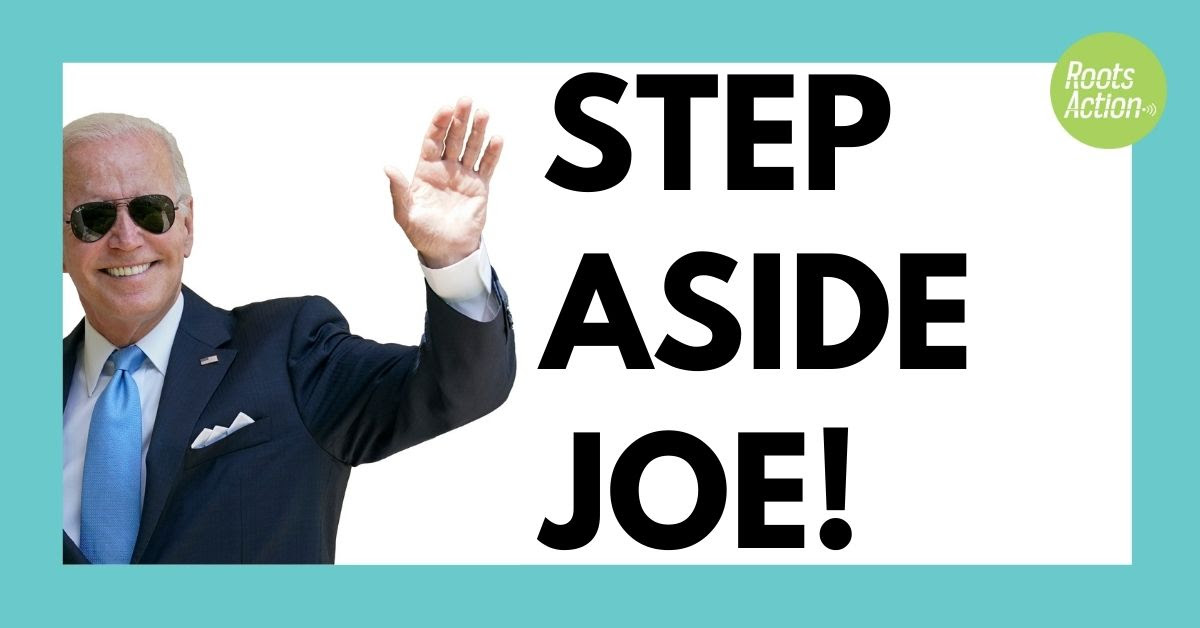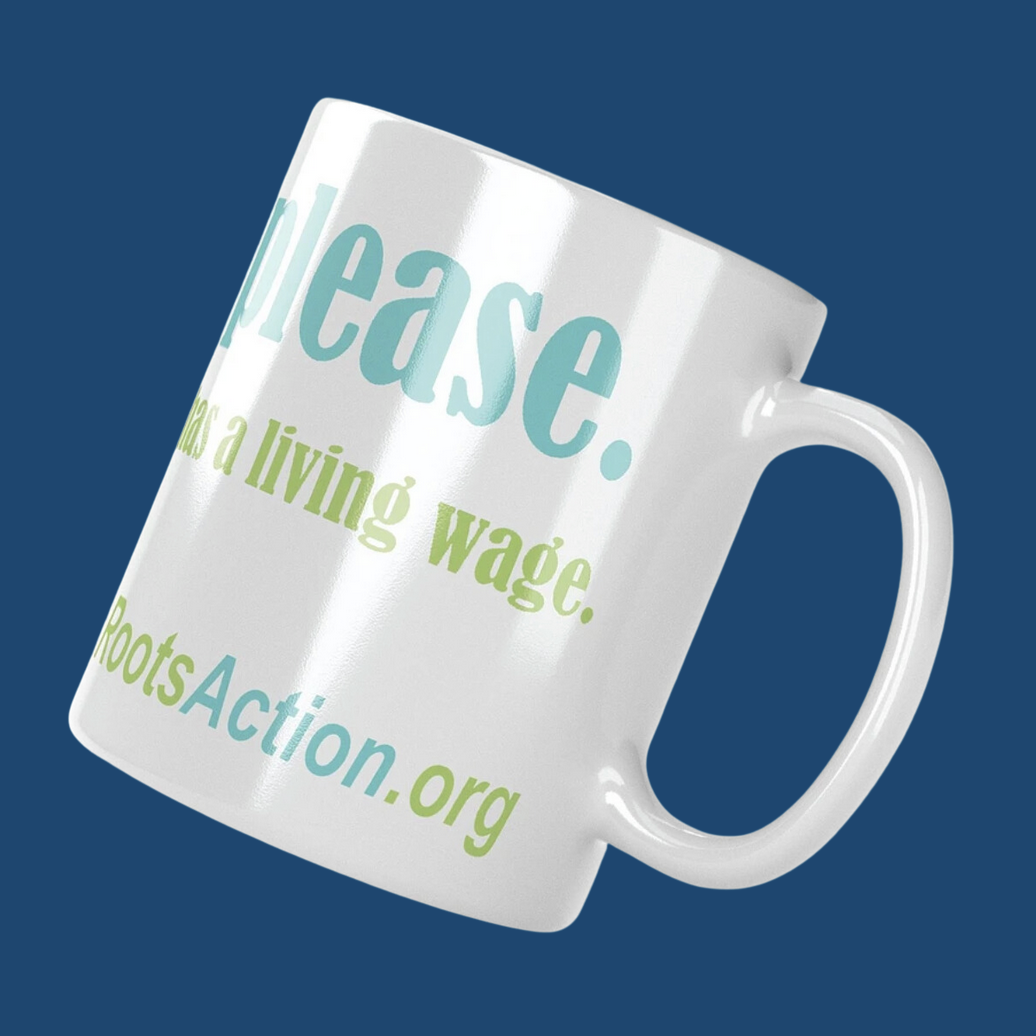On January 1, 22 states will increase their minimum wages, raising pay for an estimated 9.9 million workers. In total, workers will receive $6.95 billion in additional wages from state minimum wage increases.
In addition, 38 cities and counties will increase their minimum wages on January 1 above their state’s wage floors, adding to the number of workers likely to see increased earnings. In the absence of federal action, states and localities continue to take the lead in advancing fairer wage floors via legislation, ballot measures, and automatic inflation adjustments.
The minimum wage continues to be a vital policy for creating a more equitable economy. According to our analysis:
- Women make up more than half (57.9%) of workers getting an increase on January 1.
- The minimum wage increases will also disproportionately benefit Black and Hispanic workers. Black workers make up 9.0% of the wage-earning workforce in the states with increases, but are 11.1% of the affected workers. Similarly, Hispanic workers are 19.6% of the workforce in these states, but 37.9% of the workers receiving wage increases.
- These increases will also bring important benefits to working families. More than a quarter (25.8%) of affected workers are parents, or more than 2.5 million people. In total, 5.6 million children live in households where an individual will receive a minimum wage increase.
- The increases will provide critical support to workers and families in need. Almost one in five (19.7%) workers getting a raise have incomes below the poverty line, and nearly half (47.4%) have incomes below twice the poverty line.
- More than half (51%) of workers getting minimum wage increases are in California, Hawaii, and New York, all high cost-of-living states.
As Figure A and Table 1 show, the size of wage increases varies widely across states. Hawaii is the state with the largest increase, growing by $2.00 to $14.00 an hour, which translates to a $1,380 boost in annual wages for the average full-time, year-round affected worker (see Table 2). Michigan is the state with the smallest increase, going from $10.10 to $10.33—which translates to an additional $216 annually for the average full-time worker. However, a case before the Michigan Supreme Court could decide that Michigan low-wage workers are entitled to a more significant increase.
In January, the minimum wages in Maryland, New Jersey, and upstate New York will reach or exceed $15 an hour for the first time, joining California, Connecticut, Massachusetts, Washington, and the rest of New York as states at or above $15 an hour.1 There are also seven more states that have passed legislation or ballot measures to reach or surpass $15 an hour in the coming years (Delaware, Florida, Hawaii, Illinois, Nebraska, Rhode Island, and Virginia). Washington state will have the highest state minimum wage at the beginning of the year as it increases from $15.74 to $16.28 due to an inflation adjustment.
Despite continued progress by many states across the country to increase their wage floors, there are still 17.6 million workers earning less than $15 an hour. Almost half of workers (47.8%) earning less than $15 an hour are in one of the 20 states that still uses the federal minimum wage of $7.25 an hour.
Continue reading at Economic Policy Institute.










